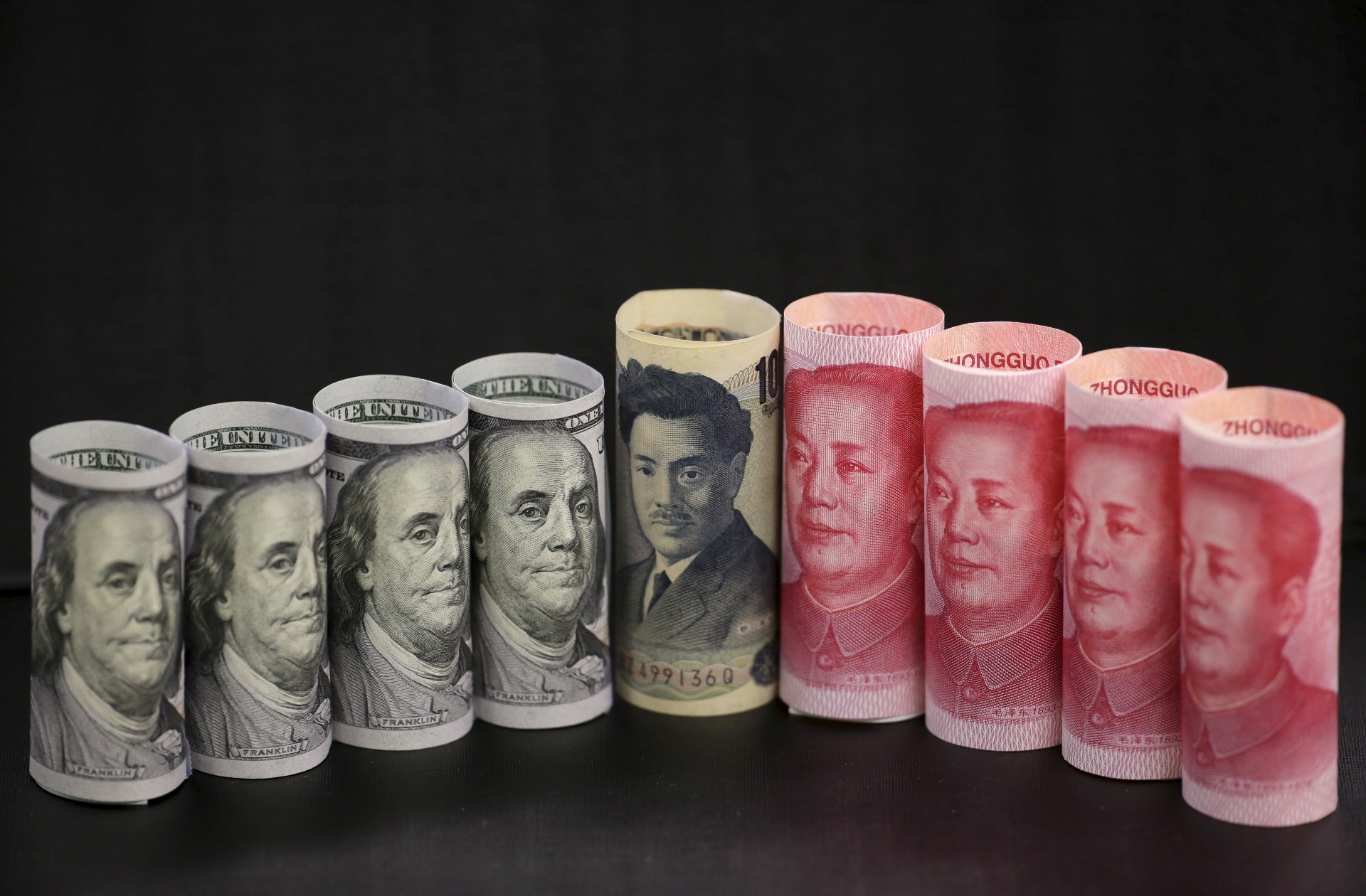

Trump Warns Japan, China on Currency Devaluation

Image Credit: Bloomberg
U.S. President Donald Trump stated on Monday that he had told leaders of Japan and China that they cannot continue to devalue their currencies, arguing that such actions are unfair to the United States. "I've called President Xi, and I've called the leaders of Japan to say you can't keep driving down your currency," Trump said at the White House. "It makes it very difficult for us to manufacture products, like tractors, when countries like Japan and China are weakening their currencies," he added.
Trump also suggested that the U.S. could counteract the disadvantages faced by its manufacturers through tariffs, instead of repeatedly complaining about the situation.
Following Trump’s comments, Japan's Nikkei share index dropped by over 1% on Tuesday, as the yen briefly rose, signaling the risks Japan’s export-driven economy faces due to uncertainty over U.S. currency and tariff policies. The yen briefly reached 149.11 to the dollar, its highest point since February 28.
In response to Trump’s remarks, Japanese Finance Minister Katsunobu Kato said that Japan is not pursuing policies specifically aimed at weakening the yen. "Japan has reaffirmed its stance on currency policy with the G7 and the United States," Kato told reporters in Tokyo on Tuesday. Japanese Economy Minister Ryosei Akazawa added that Japan only intervenes in currency markets when the yen's movements are seen as "speculative."
Japanese officials are wary of Trump’s comments about the yen, as such remarks could increase market volatility and potentially disrupt the country’s fragile economic recovery. Prime Minister Shigeru Ishiba stated last month that Japan and the U.S. had agreed to leave foreign exchange issues to the finance ministers of both nations.
While a weaker yen benefits Japanese exports, the Japanese government has recently stepped in to stabilize the currency and prevent sharp declines that could drive up import costs and damage domestic consumption.
Japan has long advocated for G7 and G20 countries to agree that excessive currency volatility is undesirable. This policy allows Japan to justify intervening in the foreign exchange market when the yen’s movements are too erratic or driven by speculative trading.
Trump’s criticism of the yen and his tariff threats could complicate the Bank of Japan's decisions regarding future interest rate hikes. The BOJ concluded a decade of massive stimulus last year, believing Japan was nearing a sustainable exit from deflation and economic stagnation. With inflation surpassing the 2% target for almost three years, the BOJ is considering further rate hikes, with most economists expecting an increase to 0.75% by the third quarter of this year.
Paraphrasing text from "Reuters" all rights reserved by the original author
